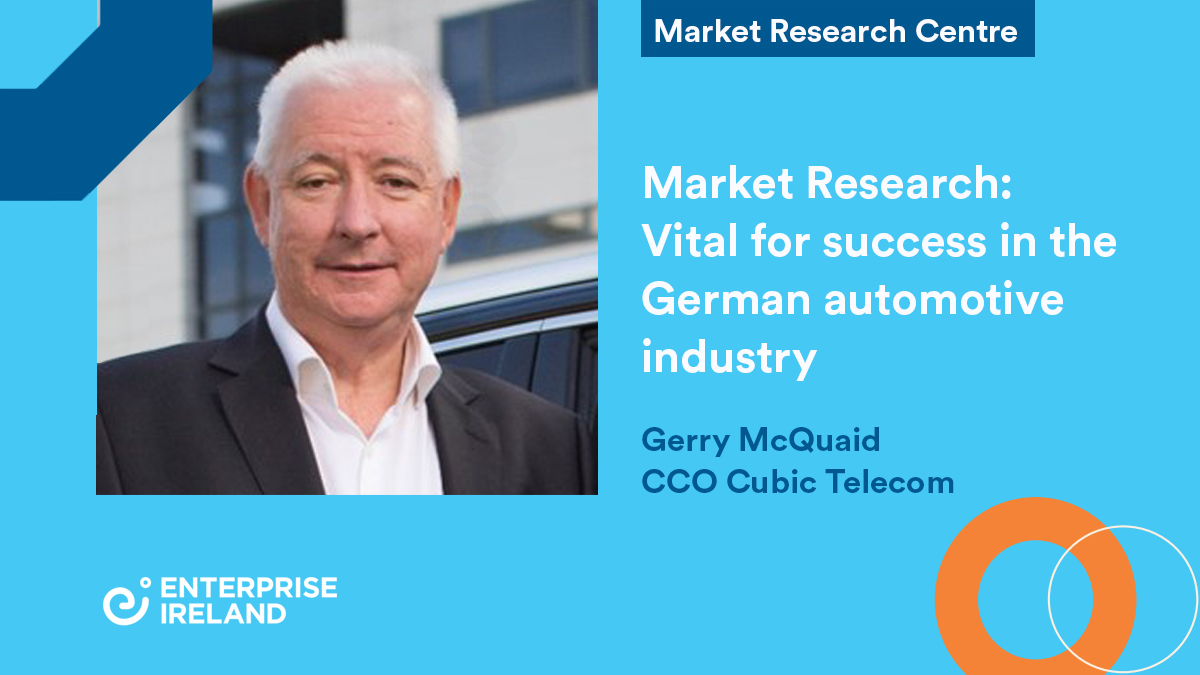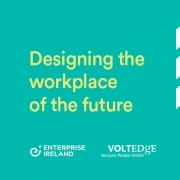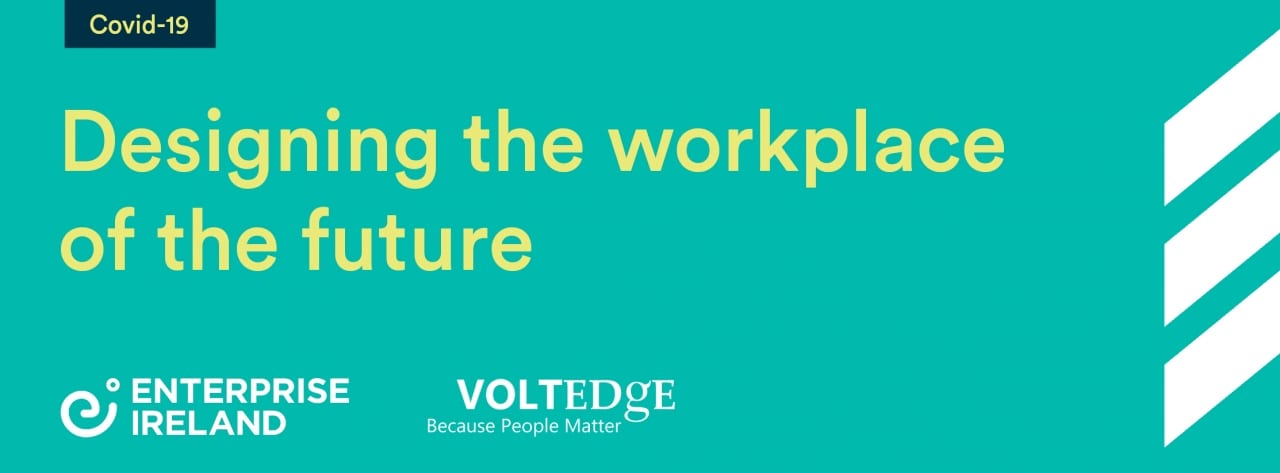- NextGenerationEU represents an opportunity for Irish companies to break into new markets or scale their presence in existing markets
- EU member states as part of their national priorities are supporting the rollout of high-speed 5G networks, which in turn is enabling extraordinary growth in cloud computing and other innovative products and services
- Click or scroll down for more information about the 5G market in:
As digitalisation and technological innovation rapidly become both more complex and more widespread, it’s increasingly critical for Europe to have reliable, superfast connectivity. The 5G mobile telecommunications standard not only enables real-time data transmission at scale, but also intelligent real-time networking of products, processes and industrial value creation chains
And that is where opportunity lies, both around products and services that facilitate the rollout of 5G, but also in the more or less endless universe of products and services made possible by these hyperfast mobile networks.
“In the end, 5G is only the connection,” says Raul Marigorta, a Senior Market Advisor for Enterprise Ireland in Spain, who specialises in telecoms and digital technologies. “It’s what we do with 5G that will prove most interesting, whether that is eHealth and remote healthcare, VR and AR in education, smart cities, private network, Internet of Things (IoT) or many other innovations.”
The rapid rollout of 5G across European markets
Following the auction of relevant spectrum, the rollout of 5G has kicked off in most EU markets. While there are more distinct differences between markets when it comes to other aspects of technological innovation, Marigorta explains that 5G is somewhat different.
“Europe in general is quite homogeneous in the development of 5G. We don’t see many differences in the 5G rollout across countries like Italy, France, Germany, Spain, Belgium and the Netherlands. That is because most telecom operators in Europe are mature providers such as Deutsche Telekom, Telefónica, Orange and/ or Telecom Italia, who are well in sync when it comes to 5G.”
How the EU is facilitating digital transformation
Through the Next Generation funds administered through the Recovery and Resilience Facility, the European Commission is actively enabling EU member states to accelerate their digital transitions, including the rollout of 5G, which is a key area for investment.
Of the €723.8 billion in loans and grants it is giving, at least 20% must be spent by member states on digitalisation, although in reality the Commission reports that at least 26% of this funding is going to digital transformation projects.
Much of that funding, in turn, is going to 5G. In April 2022, for example, the European Commission approved €2 billion in funding for Italy’s 5G rollout.
Driving SME digitalisation through cloud services
In 2022, the growth of cloud services will outpace the growth of traditional IT solutions, says Gartner. This makes cloud computing one of the most influential changes in the IT market since the early days of digitisation.
Infrastructure-as-a-service (IaaS) or cloud infrastructure services will grow tremendously in the coming years, as will platform-as-a-service (PaaS) and software-as-a-service (SaaS) cloud computing services. It’s the ongoing rollout of high speed 5G networks that makes this skyrocketing growth possible.
“Enabling SMEs to benefit from cloud technology is a key focus of the Next Generation funding, and it’s an area where Irish firms have strong capabilities,” says Marigorta.
“While Amazon Web Services, Microsoft Azure and Google Cloud dominate the cloud market, there is ample opportunity for Irish firms that can offer products and services to customise and facilitate access to the cloud for SMEs who may have thought they couldn’t use cloud technology,” he explains.
SMEs are not interested in 5G as such, Marigorta points out, but in what this high speed connectivity can enable them to do. “5G is the highway that we need to facilitate cloud adoption by SMEs. If I am an SME owner, I don’t care what the underlying technology is as long as it works. I need to manage my accounting and my clients. I need to develop my operation quickly but in a quality way, and I need to do proper customer service.
“Technology is a key enabler for these classic SME needs, so there is huge space for agile new start-ups that can come up with smart ideas that make the most of fast connectivity and new technology. Irish companies are fantastic at doing this.”
Understand the 5G market opportunity for Irish firms
The strong Irish cluster of cybersecurity firms, for example, has clear opportunities across key European markets as do Irish firms specialising in Open RAN, a technology that facilitates the deployment of 5G. Other thriving areas where Enterprise Ireland has identified significant opportunities for Irish firms include IoT and smart cities.
Among the Irish firms specialising in 5G and connectivity products and services, and thriving in EU markets, are Open RAN radio infrastructure specialists Benetel or Aspire and core cellular network software company Druid Software.
Expert advisors in Enterprise Ireland’s network of offices across Europe, together with its Market Research Centre in Dublin, can support your business as it investigates market opportunities, including by making local introductions and helping you to build your network.
If you are not sure where to start your export journey, get in touch.
Market snapshots
Belgium
While Belgium has lagged in 5G connectivity, that is set to change completely by 2025. Meanwhile, uptake of private cloud and data services is strong.
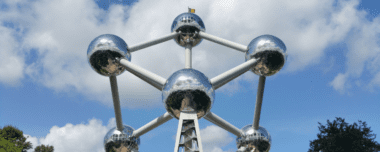
Back to top
France
As France demands a cloud-first approach, 5G sites and antennas are multiplying rapidly there. That represents real opportunity for Irish firms.

Back to top
Germany
Leading the way in spectrum allocation, Germany is focusing on the connectivity needs of industry, while also seeking to make 5G available to everyone.

Back to top
Italy
Italy is vigorously pursuing digitalisation and cloud adoption, with significant funding for extensive infrastructure and service development.

Back to top
Netherlands
While opportunity abounds in this tech-savvy market, regulatory processes may slow down the growth of 5G.

Back to top
Spain
As Spain seeks to bring ultrafast connectivity to everyone in the country, there is keen take-up of cloud services in business and industry.

Back to top


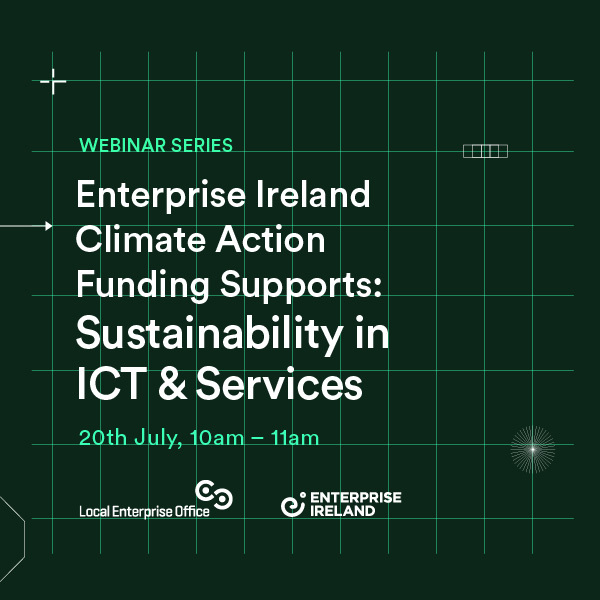


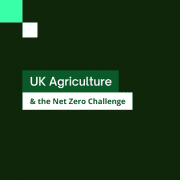
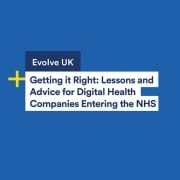
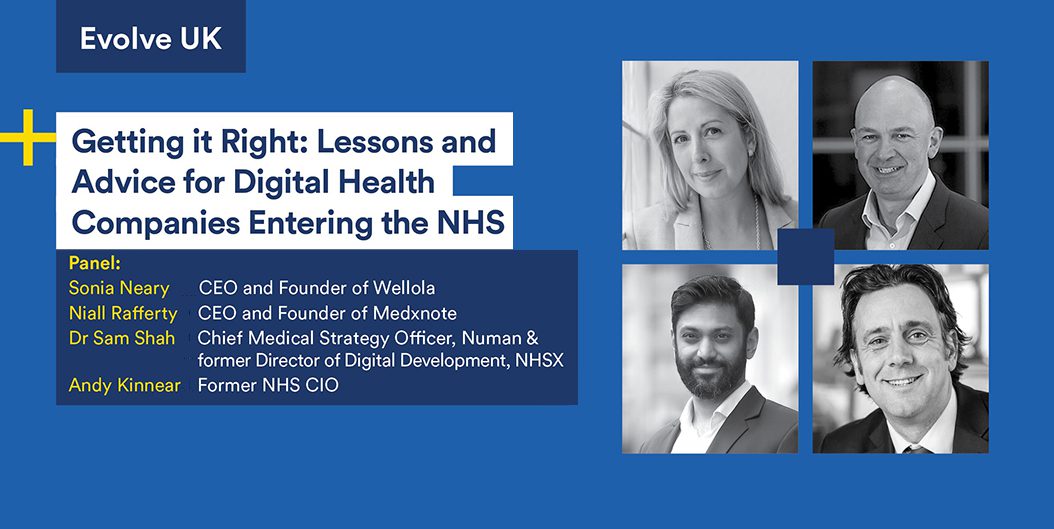








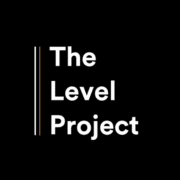
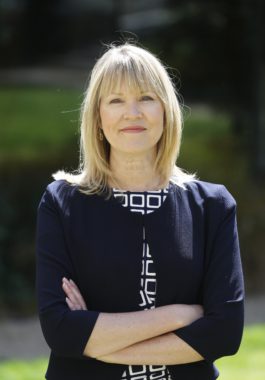 The Level Project has its origins in
The Level Project has its origins in  However, achieving gender balance is very much a long-term plan for a lot of companies, especially those in industries that are traditionally male dominated. For example, Shannon-based
However, achieving gender balance is very much a long-term plan for a lot of companies, especially those in industries that are traditionally male dominated. For example, Shannon-based 
